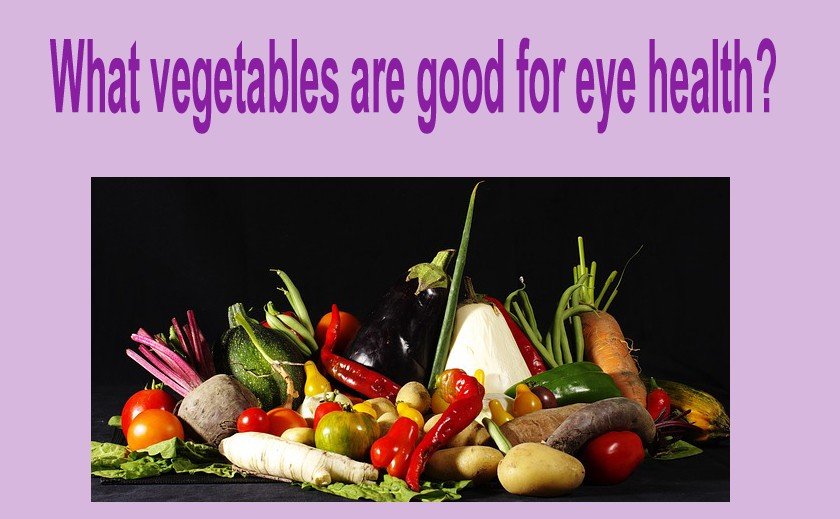What vegetables are good for eye health?
What vegetables are good for eye health?
Kohlrabi is the best vegetable for your eye health.
Nutrients per 100 grams
Water, protein, lipids, ash, carbohydrate, calcium, iron, phosphorus, sodium,potassium, magnesium, manganese, zinc, copper, selenium, vitamin A( beta- carotene) vitamin B1, vitamin B2, vitamin C, vitamin B6, vitamin K niacin, panthothenic acid, folic acid
The origin of Kohlrabi is a mixture of cabbage and turnip and is a combination of German Kohl (cabbage) and Rabic (turnip).
Kohlrabi contains many vitamins, iron, potassium, phosphorus, amino acids and folic acid, which are essential nutrients for our body. Kohlrabi also has vitamin A (beta-carotene) and an antioxidant, anthocyanin. vitamin A (beta-carotene) is an important component of the eye's retina, Anthocyanin is effetive in helping blood circulation in the capillaries of the eye, protecting eyesight, preventing glaucoma and preventing corneal diseases. In addition, glucoisinolates and carotenoids help prevent cancer and are high-moisture, low-calorie, alkaline foods that are also effective in dieting. It is a natural nutrient that can keep your eyes healthy if you make juice as a root of Kohlrabi and drink one glass every morning.
Kohlrabi Notes on ingestion!
People who have thyroid disease can get hypothyroidism if they consume a lot of Kohlrabi. Kohlrabi is rich in dietary fiber, which can cause gas to enter the intestines during digestion. Depending on the constitution of everyone, 100g a day is appropriate to eat.
Kohlrabi foods.
1. Salad
2. Juice
3. Pickles
4 Soup or stew
5. Kimchi






Leave your reply Cancel Reply